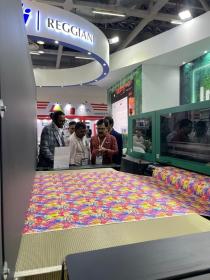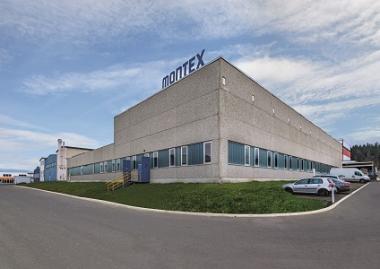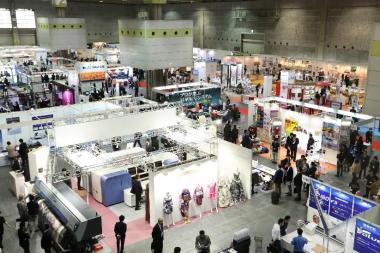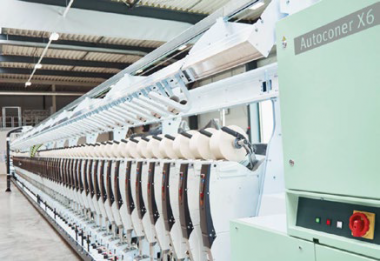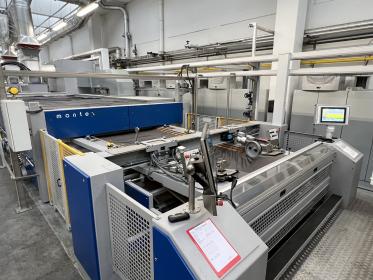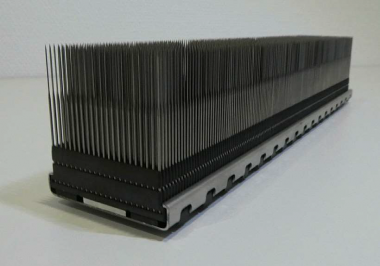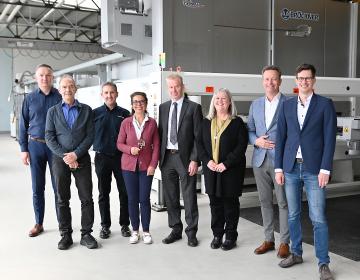ITM Exhibition to be held in Uzbekistan
ITM - International Textile Machinery Exhibition, which is one of the world's most important exhibitions in its field and carries its success beyond its borders, will be held in a country other than Turkey for the first time next year under the name 'ITM Uzbekistan'. 'ITM Uzbekistan 2023 Exhibition', which will be held in Uzbekistan New Expo Center on September 12-15, 2023, will bring together buyers from Central Asia and Turkic Republics with the world's most important textile and garment technology manufacturers.
ITM Uzbekistan to be organized in odd years
'ITM Uzbekistan', organised by Teknik Fairs Inc. and Tüyap Tüm Fuarcılık Yapım Inc., will be first held in September 2023, from 12th to 15th, and thenorganized in the following odd years such as 2025, 2027, and so on. The exhibition calendar was created by taking into account the dates of the exhibitions organized in the same sector in different countries of the world and in Europe and the benefits of the sector.
Tashkent New Expo Center
New Expo Center, built in Tashkent, the capital of Uzbekistan, will host the most important events of both Central Asia and Turkic Republics. New Expo Center, where many national and international events will be held, will be the gateway of Central Asia to the world. The exhibition center, consisting of a total area of 44 thousand square meters and two stages, was built with the latest technology, taking into account all needs. The new exhibition center, which includes cafes/restaurants, resting areas, meeting, congress, seminar and exhibition halls, is an important attraction center with its proximity to the new airport under construction in the capital and the facilities where the international Olympic Games will be held.
ITM Exhibition






